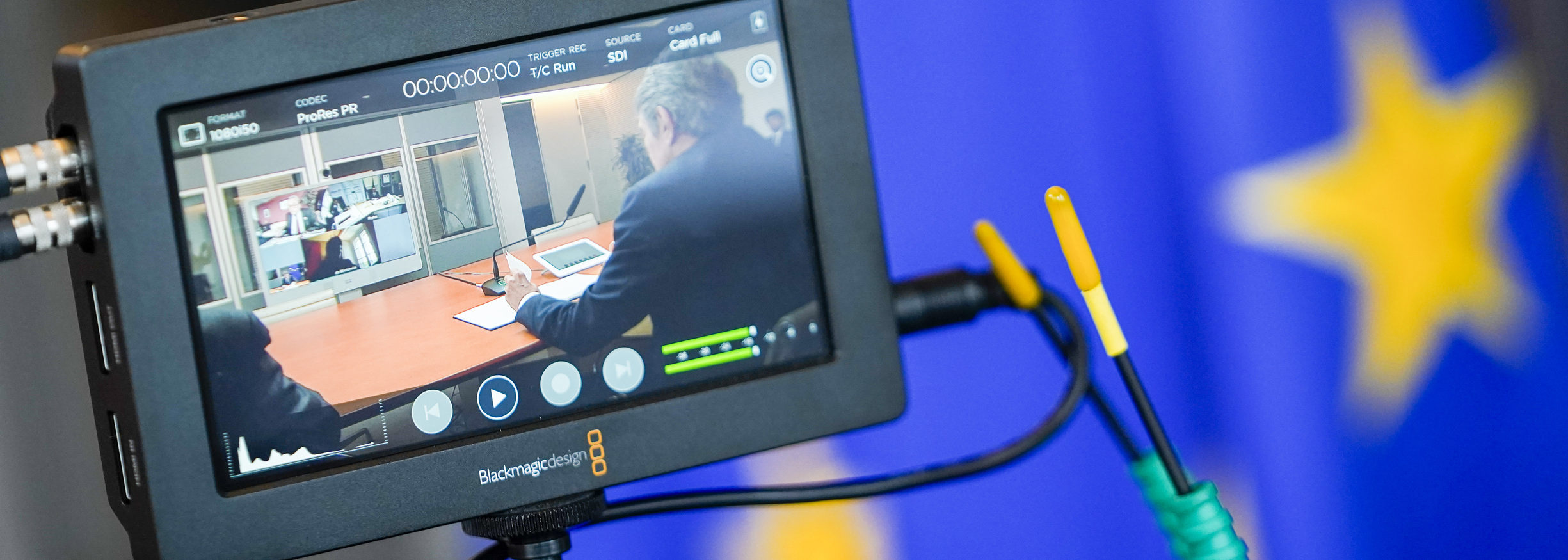Ten years of mediation support – where do we stand today?
26/04/2016

Mediation support actors provide mediators with advice and expertise both on and off site. 10 years after the setup of the UN mediation support unit, it is time to take stock of where we are today. Is the support provided sufficiently tailored to practitioners? Where is room for improvement? By Stine Lehmann-Larsen
Mediation support is facing a number of challenges. The biggest may be linked to the sustainability of peace processes: Since the end of the cold war, the use of third party mediation to settle conflicts has increased substantially. At the same time, almost half of all peace accords are disrupted by re-occurring violence within the first five years – although this number seems to be declining. The question is how mediation support structures can improve the quality, and thereby the sustainability, of peace processes? To look into this issue it is worth revisiting the main instruments of mediation support.
What is mediation support?
Mediation support includes operational support, institutional capacity building and training, knowledge management, research and networking opportunities for practitioners. One of the key functions of those structures is to provide operational support for on-going peace processes. For example, direct on-site operational support was deployed in Kenya in 2007-2008 to help Kofi Annan’s mediation efforts. Here, operational support meant secretarial and managerial support as well as expertise on both thematic and practical issues throughout the process.
However, mediation support experts can also provide desk support such as process design or substantive research or analysis. Finally, they can train and equip parties to fully understand a peace process, thereby making them more likely to commit to it. Providing direct operational support is not always straightforward: while numerous mediation support structures have been developed, there is only a slow uptake in demand. Practitioners may not always be aware of the level of expertise available or they may simply not be convinced about the usefulness of these services.
Mediation support is also about capacity improvement for institutions that are developing their crisis response structures. For example, hands-on training for practitioners and their staff, advice how to set up rosters of mediators or templates for strategic and operational mediation plans. Important challenges remain in this area, too. Training senior mediators can be a complex endeavour, as they may not always have the time or interest to be trained. Their staff, who are more easily persuaded to attend trainings, would sometimes be better served by training in mediation support rather than actual mediation. Consequently, the question of who should be training whom, why and for what purpose arises frequently.
Mediation support practitioners also conduct knowledge management and research, in line with UN SG’s Ban Ki Moon’s observation that not enough is done to “capture, organise and pass on” lessons learnt to future mediators. This can range from preparatory briefings to project evaluations but also includes the dissemination of best practices for mediators. This has resulted in useful products such as USIP’s Peacemaker’s Toolkit series, the UN’s Peacemaker Library or the HD Centre’s Mediation Practice series. While these resources are widely read, researchers are struggling to reach out to the field. There is a worrying disconnect between policy and practice. It appears that the guidelines need to become more operational in order to be applied by practitioners in the field.
In addition to the support listed above, mediation support units can offer networking opportunities. Events such as the Oslo Forum or the Mediation Support Network come to mind. It is important that mediators share their experiences and create networks with other mediators. However, the unusual circumstances in which mediators frequently find themselves makes it difficult to identify suitable formats for learning. Networking opportunities can provide useful learning environments as they create spaces for high-level practitioners to share lessons learnt and discuss issues that they find challenging. Networking should be considered a vital part of their professional development. However, attention must be paid to the format of such meeting: participation, size, agenda and facilitation impact the actual value of the meeting.
Finally, since many peace agreements fail in the implementation process, it is necessary to shift focus from short-term agreements to long-term solutions that build sustainable peace. This requires us to think about two interrelated processes: one the one hand we need international support for the implementation process, on the other we need to create an inclusive approach to the entire process of mediation. Mediation support structures help us to develop a long-term perspective on a peace process. Here lies a huge potential for improvement: practitioners in the field don’t always use recommendations or guidelines on how to make peace processes more sustainable or inclusive. Mediation support practitioners should critically assess the reasons behind this trend.
Three challenges for mediation support
With a growing demand for mediation, mediation support is central part of the process. However, mediation support practitioners are still facing limitations in their ability to influence the work done in the field. Among the issues listed above, three main challenges can be identified:
- a disconnect between supply and demand: support structures developed are not sufficiently used by mediators;
- a gap between policy and practice: guidelines are not always applicable – and rarely applied in the field;
- a lack of understanding of what triggers professional development among mediation practitioners: mediation support has not uncovered what emotional and psychological factors compel mediators to change their tactics
For a more detailed account of the current state of play of mediation support:
Lehmann-Larsen, Stine. 2014. “Effectively supporting peace processes: Developments, Challenges and Requirements”. HD Centre, Oslo Forum papers, No. 003.

